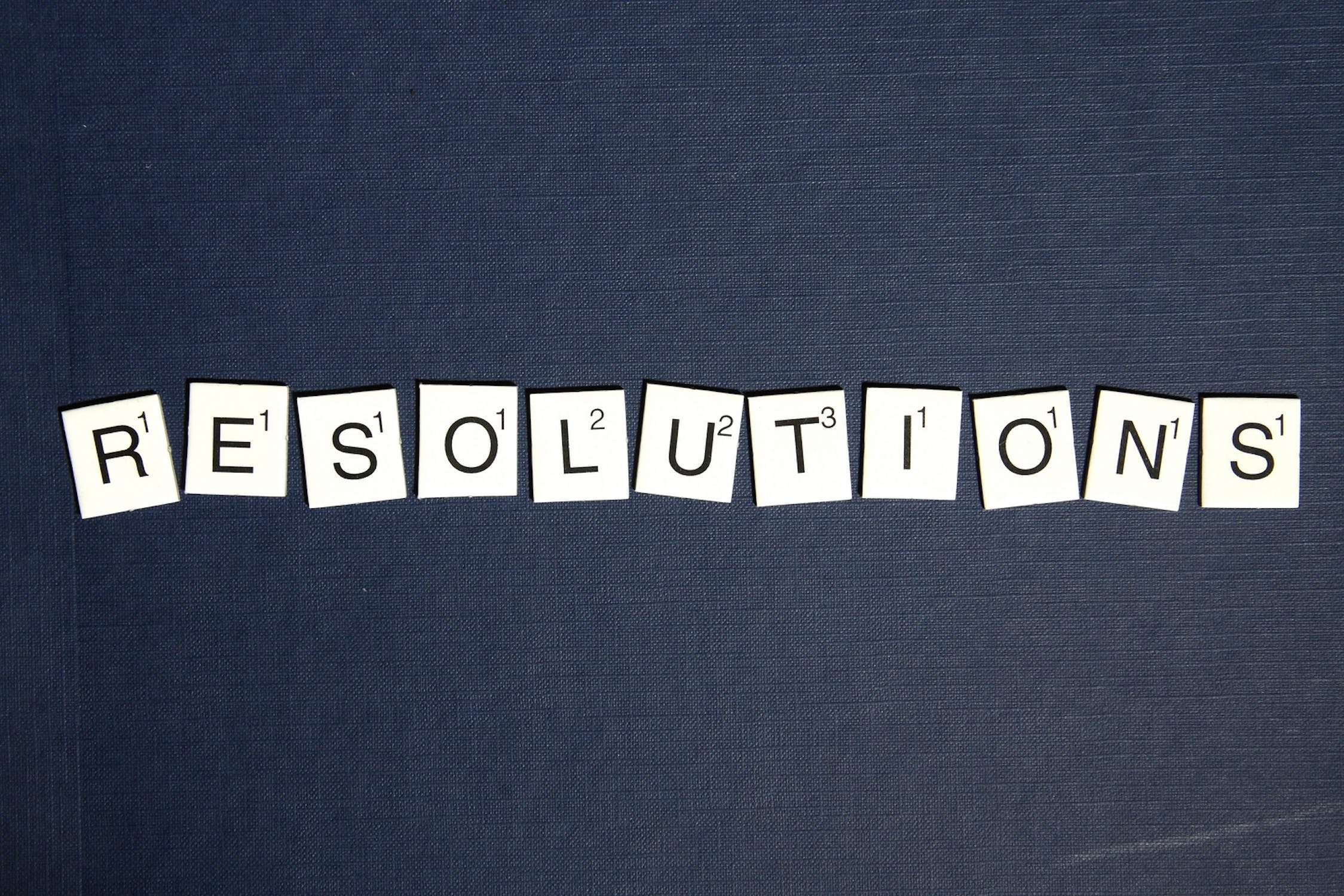The dangers of social media and how to reclaim your life
March 30, 2021
STOP! Before you read this, I want you to answer this question:
How much time do you spend on your phone on average each day? Give me an hourly estimate, one, two, ten hours?
Now, I’d like you to actually check your screen time. (To check your screen time, open your settings on your phone and click “Screen Time”).
Are you surprised by your daily usage?
You can’t put your phone down. You post things to get satisfaction from seeing all of the likes and comments on your social media posts. Your phone is the last thing you look at before going to bed. These are not questions.
Rather if you want to admit it or not, all smartphone users have some sort of addiction to their smartphones. The bad news? It’s becoming increasingly difficult to put down your phone. The good news? It’s not fully your fault. You can choose to stay blind to how your smartphone is manipulating you and your life, or you can learn how to control the addictions we’ve become so blindly accustomed to.
Are you ready to go down the rabbit hole?
I’ve recently been reflecting a lot on my social media use. I have time restrictions on my phone, I take forever to text back, and I am known for locking my phone away for a weekend altogether. If you looked at my social media profiles, you would never be able to tell how stressed-out social media makes me. Why? Well, I have a love-hate relationship with it. As a marketing major, I’ve always had a fascination for sharing posts and engaging others. What I’ve slowly started to realize is, I’m essentially marketing my life. I find social media to be less about communicating with others and more about the rat-race of who works the hardest, has the most, or lives the best life. It’s addicting, like a club you know is full of self-absorbed people, but you still are dying to become a part of. Social media also hyper inflates our egos. So many people are addicted to the positive reinforcement we get from others through likes or comments. Instead of sharing pictures that we want to share of our experiences or highlights of our day, many people post just for the satisfaction of the comments and likes alone. The “might delete later” captions are a classic case of this. If we aren’t confident or are happy about sharing aspects of our lives online, then why do people do it anyways and literally admit our uncertainty? If we knowingly waste hours scrolling away on our phones…why don’t we all just stop? It’s because we can’t.
Here’s why...
I watched a documentary on Netflix called “The Social Dilemma”. The documentary discussed the depths of social media and how it is designed to literally capture user’s attention for as long as possible. Why? Well, the longer you spend on your phone, the more ads you are being exposed to. The more ads, the more revenue companies earn.
There are many things to take away from this documentary, which is why I highly recommend watching it. However, below are the main take-away’s from The Social Dilemma.
Our Phones Are Like Slot Machines
The Social Dilemma documentary discusses how our smartphone notifications are purposely designed to be like slot machines. Think about it, if notifications were supposed to be for our convenience, why wouldn’t we get the notification that we were tagged in a photo along with the actual photo we were tagged in? It is because social media platforms, such as Instagram want their users to spend as much time as possible on their platform. Seeing a notification that you are tagged in something is almost impossible to resist checking. After you see your tagged photo, how many times do you exit out of the app right then and there? NEVER! Notifications act as traps that are seemingly useful for notifying us when someone is trying to interact but are just as harmful to increasing our screen time.
Similar to slot machines, when we check our phones, we never know what will be waiting for us. One of the scariest discoveries this documentary uncovered was how our brains react the exact same way to pulling the lever on a slot machine and checking your phone notifications. We are so addicted to filling every second of free time up with smartphone use, we have forgotten how to live without them. Our communication, family dynamics, and mental health have suffered tremendously as a result.
So how can we stop our addiction to our phones when there are people literally working to ensure we’re on them as much as possible? Here are my recommendations:
Set time limits and stick to them
You can set time limits for certain times you’ll allow yourself to use an app each day. Once your allocated time is up, you’ll be blocked from using the app. This works as a great reminder; however, clicking the “ignore” button is far too tempting and easy to get yourself back to mindlessly scrolling. If you can’t stick to your time delays, send your phone to jail. Place it in a box or drawer in a room you don’t often go in. Out of sight, out of mind, right?
Turn off notifications for apps
You can go to your phone’s settings and turn off notifications for certain apps. I personally have my notifications turned off for everything, except the apps I use for school and work. Notifications will prompt you to use your phone even when you’re not already on it. Having them off can reduce your screen time significantly.
Set downtimes for yourself
From 11 p.m. to 8 a.m. I have my phone set to a downtime where during those 9 hours, all apps appear to have their time limits reached. Since I go to bed at 11 p.m., this works effectively to get me off my phone late at night. On a workday, I wake up around 6:30 to 7 a.m. Since the time delay ends at 8 a.m., this means the time delay works to avoid the dreaded first thing in the morning phone scroll. If you're someone who mindlessly scrolls late at night or as soon as you get up in the morning, I highly suggest setting downtimes. It will change your life!
We care way too much about what others think
We spend hours thinking of captions to write, taking pictures of every aspect of our lives so we can share, etc. My question for you is, what is the reason behind your posts? Is it to share something you’re proud of? What about sharing an experience, date, or event that excites you? Is the meaning behind your post a positive one?
Many of us post things out of spite or pure negativity
Sometimes it's intentional, like posting a beautiful yet knowingly scandalous photo of yourself just to annoy your ex. Sometimes it's unintentional, like posting constant complaints about day-to-day occurrences such as messed up Starbucks orders. What this does is share unhelpful negativity.
I say “unhelpful negativity” since not all negativity is always bad. Sometimes it comes from a good or needed place. For instance, sharing a tragic event with friends and family or sharing an educational and factual post about a social issue is not unhelpful negativity. The world is not always perfect, and it is okay to show that, as long as it is coming from a good and well-thought-out place.
Unhelpful negativity is sharing or commenting on things that make people feel bad about themselves or endlessly posting first-world problems. This type of content is way more popular than you think. Once you become aware of it, it’s easy to spot.
Why do people post unhelpful, negative comments or posts? Well, sometimes, these people are doing it unintentionally. I bet that you’ve even done it before. Sometimes it helps us feel temporarily better, and for others, it's because we secretly know that the comment will get a lot of attention. Negativity gets shared. Many people can relate to it. Sometimes it’s shocking, making it more alluring and shareable. As an email marketer, I know that negative subject lines like “You’re going to get fired” or “You’re missing out” get a much higher open rate than “You’re awesome” or “You’re on the right track.” This happens because we have accustomed ourselves to filter out the positive comments so much that we only believe and react to the negative ones. 100 people could tell you that you’re good enough, but it only takes one person to tell you you’re not for you to believe it. We must stop choosing to expose ourselves to content that is feeding into our despair, lack of confidence, or is making us feel bad as a whole.
Why do we knowingly expose ourselves to unhelpful negativity ourselves, and how can we stop it? Well, you can start by practicing gratitude for all that you are blessed with. You can also practice mindfulness.
As children, we were taught to think before we speak…so why don’t we all think before we post?
We are so accustomed to sharing everything we think is cool, beautiful, terrible, etc. How come we never stop to think why? What is your intended purpose of sharing, commenting, or posting? If it's not to either post content that makes you happy, helpful information, educational facts, or anything remotely positive, you need to stop and think. If you think what you’re about to share is helpful criticism, stop and ask yourself if it will be perceived that way. Did the person ask to be criticized? Yes, I am aware that everything we share online is open for criticism, but just because we can be negative…. doesn’t mean we should. There is always an underlying purpose for the way we post or share something. It’s time, to be honest with ourselves and admit what we are. Make sure you are posting with a purpose. When you find yourself wanting to post unhelpful or content with a negative purpose, take it as a sign to put your phone down. Reach out to friends and family, talk to someone and attempt to find peace in yourself outside of the online world.
Social media is damaging the children of the future
Despite your current age, I think we can all agree that the way children speak, behave, and dress is vastly different than how we did when we were children. The little girl I babysit was able to attempt to open my phone by turning it on and swiping it…she was two years old.
Content is not only so easily and readily available to kids, but they have a deep desire to absorb it. What this is doing is often mistakenly teaching children bad habits. Apart from learning bad manners such as checking a device when talking to someone or during dinner, smartphone use also has huge psychological issues. The depths of these issues were proven in the documentary. Children are growing up way too fast; they are exposed to endless amounts of harmful content, bullying, etc. If we don’t get a grip on our own smartphone usage, how can we even attempt to protect our future generation from the dangers of social media?






